Between suspicions of " greenwashing " and accusations of wokism ", management management companies are to contradictory injunctions and are looking for the right positioning their ESG strategy.
For a long time, investing in CSR was a "free option" for asset management companies. As long as the ESG discourse did not run the risk of controls or sanctions, it was perfectly rational to take advantage of investors' enthusiasm for socially responsible investment by marketing "sustainable" funds.
The Pandora's box of " greenwashing
In the absence of a normative framework duly sanctioned by third parties, the pressure to "sort the wheat from the chaff" has come from NGOs and the media who track down inconsistencies between managers' declarations of intent and their actions. The "DWS affair" in the summer of 2021 opened the Pandora's box of "greenwashing" after the German giant was accused by the Wall Street Journal of having been heavy-handed in labeling its ESG assets.
In December 2022, a consortium of ten European media scrutinized 838 "sustainable" funds (article 9), revealing that half of the funds analyzed included at least one investment in a hydrocarbon company. Le Monde ran the headline " La grande tromperie des fonds d'investissement 'verts'" ("The great deception of 'green' investment funds"). Leading fund managers were accused of double-talk, while the NGO Reclaim Finance accused French investors of being " at the head of Europe's biggest fraudsters ".
While these initiatives have undoubtedly had the merit of making managers more " accountable " (and provoked a massive declassification of funds towards the less strict Article 8), their sometimes outrageous tone belittles the real efforts of managers to green finance, and companies find themselves in the paradoxical position of having to curb their ESG communication to avoid the infamous accusation of greenwashing.
From theats byzantins
The year 2022 was also marked by difficult advances in the definition of responsible investment, which revealed a profound difficulty in understanding ESG. Indeed, an issuer can "tick all the boxes" of responsible investment without being beyond reproach, as the example of Orpea has shown.
While the French and Germans argued over the inclusion of gas and nuclear power in the taxonomy, they turned a deaf ear to warnings of a possible Russian invasion of Ukraine, which would plunge the Old Continent into an era of energy insecurity, to the extent that Germany has now been reduced to expropriating 2,000 village inhabitants to expand a coal mine...
Similarly, the fate of the defense industry raises unsolvable questions. While this sector intuitively does not fall within the scope of "responsible investment", can we penalize the financing of companies that contribute to sovereignty in such an uncertain geopolitical context? By bringing these questions to the fore, the war in Ukraine has acted as an eye-opener, illustrating just how difficult it is for ESG to come to terms with simple ideas and " one size fits all " nomenclatures.
Blue states vs. red states
Contestation of the GSE has also taken on a political dimension. Against a backdrop of cultural warfare in the US between blue states and red states, the activist one-upmanship is now being countered by an ideological riposte that sees the GSS as the false nose of a " woke" political agenda.
In 2022, several American states, including West Virginia, Texas and Florida, boycotted funds or management companies that excluded hydrocarbons. The argument put forward by ESG detractors is in line with the classic criticism that companies do not pursue a moral purpose. In their view, asset management companies are overstepping their mandate by buying themselves a good conscience at the expense of investors.
Reluctantly, the asset management industry found itself in the middle of an ideological battlefield, forced to choose sides and knowing that, whatever its choice, it would lose clients to one side or the other.
Regulation has a role to play in overcoming this dilemma. Efforts to harmonize the framework for responsible investment must be pursued in order to draw up a truly common frame of reference, but these discussions must abstain as far as possible from political and media pressure in favor of a pragmatic approach.
Communication by financial players, who are now paying for their past over-communication, needs to be adapted to this new context. It is essential to only make commitments that can be kept, even if it means abandoning them, as Vanguard did in December when it withdrew from the NetZero Initiative. Asset management companies must also remember that they are first and foremost at the service of their clients, and that responsible investment is the result of an investor's conviction, not a marketing approach. While some philanthropic investors may knowingly accept to invest in so-called "impact" funds that perform less well, most of them are seeking above all to optimize the risk/return trade-off. Nothing could be more counterproductive than to present ESG as a trade-off against profitability. Otherwise, all investors not constrained by regulation would paradoxically flock to "anti-ISR" funds such as Vice Fund, which invests in tobacco, gambling, alcohol, weapons etc., sectors whose cost of capital - and therefore return - is higher... precisely because they are on the exclusion list of many other managers, which weighs on their stock market price.
Alexis de Maigret, Partner & Arthur Arlaudsenior consultant
